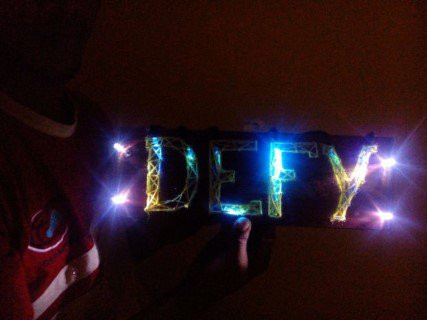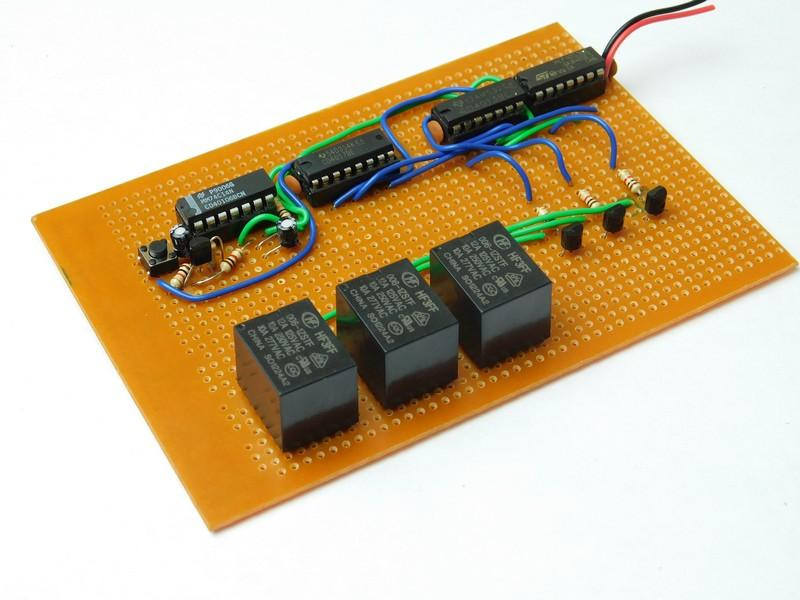Diodes Incorporated MIPI PHY Switch: Fast Switching for Connected Modules
https://makerv2.webteractive.co/blog/diodes-incorporated-mipi-phy-switch-offers-fast-switching-for-connected-modules
Diodes Incorporated recently announced its five-lane MPI 2:1 switch that can switch physical layers that comply with C-Phy or D-Phy serial interfaces.
How to Start the Prototyping Process Using Sketching and Mockups
https://makerv2.webteractive.co/custom/tutorial/how-to-start-the-prototyping-process-using-sketching-and-mockups
Learn all about the prototyping process in this series of articles designed to help elevate your next projects!
North West England’s Primary Power Network Operator Sets Goal of Switching to Renewable Electricity by 2050
https://makerv2.webteractive.co/blog/north-west-englands-primary-power-network-operator-sets-goal-of-switching-to-renewable-electricity-by-2050
North West England’s power network operator has set out its vision to support the changing energy landscape, a move that will benefit millions of people and businesses throughout the region.
Maxim Integrated’s Family of CMTI Isolated Gate Drivers: Drive High Power Transistors
https://makerv2.webteractive.co/blog/maxim-integrateds-family-of-cmti-isolated-gate-drivers-drive-high-power-transistors
Almost every modern electrical system uses switching power supplies. Due to its low current digital signaling, a microcontroller is not considered to be efficient in driving high power transistors of power supplies. Therefore, a gate driver is used to amplify the microcontroller output before it is fed into the input of a high power transistor.
How to Transfer UART Data With Laser Diodes
https://makerv2.webteractive.co/custom/tutorial/how-to-transfer-uart-data-with-laser-diodes
This simple power sequencer is ideal for large voltage and current switching for CNCs.
Understanding and Minimising Power Loss in Electric Devices and Power Systems
https://makerv2.webteractive.co/blog/understanding-and-minimising-power-loss-in-electric-devices-and-power-systems
Many types of power losses can occur in electric circuits for a multitude of reasons: troubling electrical engineers (EEs), they cause a host of problems that affect the efficiency, reliability, and safety of the systems that EEs design and build. Understanding how and where these losses occur—including heating, eddy current, and switching losses—can help engineers to keep them at a bare minimum.
Making LEDs switch?
https://makerv2.webteractive.co/forums/threads/making-leds-switch.230454/
Thread 'Making LEDs switch?'




